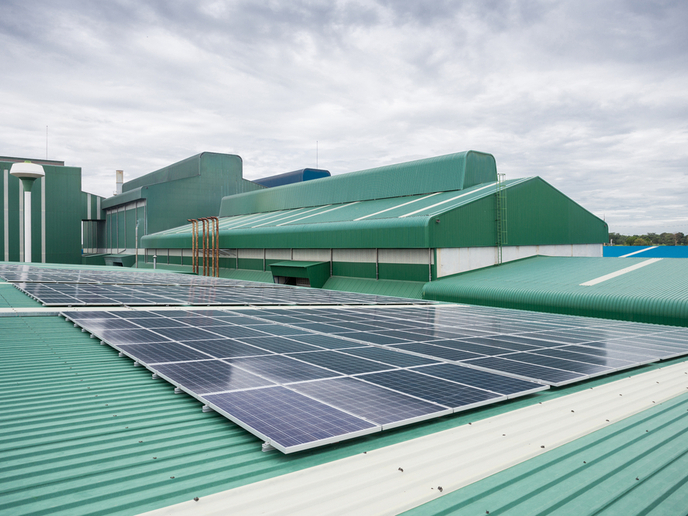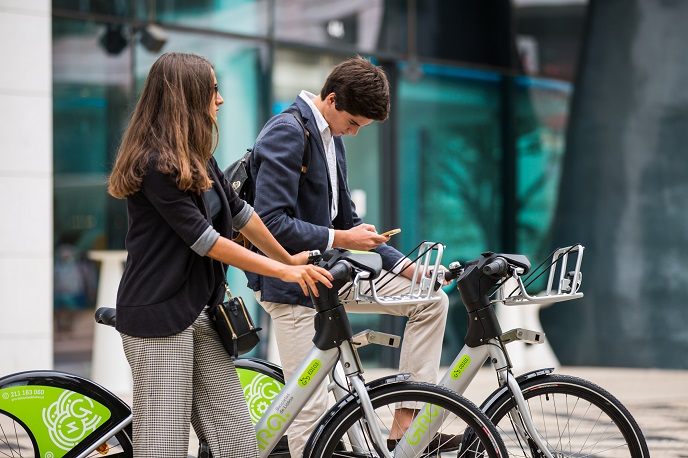A holistic approach to prefabricated zero-energy custom homes
At present, about 35 % of the EU’s buildings are over 50 years old and almost 75 % of the building stock is energy inefficient. Collectively, they are responsible for approximately 40 % of EU energy consumption and 36 % of the CO2 emissions(opens in new window), making them the single largest energy consumer in Europe. The construction sector is currently unable to offer an integral solution that enables them to renovate buildings to nearly zero energy at a reasonable cost. The construction process typically relies on a ‘layered’ structure, requiring substantial manpower engaging in different activities on the construction site, which leads to extra costs and risks. Because of the lengthy renovation process and the fault risks during this process, most owners are reluctant to upgrade their homes. The EU-funded MORE-CONNECT(opens in new window) project has provided a promising remedy for this problem. Its deep renovation approach is based on the use of prefabricated, multifunctional renovation elements for the entire building envelope (façade and roof). The elements can be combined, selected and configured by end users depending on their needs. Building information modelling is used to control automised production lines and aid fine tuning of the design and production process of the elements. Use of prefabricated elements creates the conditions for the mass production process of custom products, with the potential to deliver major cost savings for owners. “The high level of prefabrication technologies, automated design and the use of smart elements shorten the renovation process from 2 months to a maximum of 5 days, with minimum disturbance for occupants,” notes project coordinator Peter Op ’t Veld.
Innovations on multiple fronts
Shifting many aspects of building activity away from traditional on-site projects to off-site production of prefabricated components presents many challenges. The MORE-CONNECT approach touches upon various aspects to facilitate this transition. Meeting the growing demand for sustainable materials was an important pillar of project work. Life-cycle assessment analyses enabled project partners to identify secondary materials or bio-based materials that are flexible and easy to disassemble and, importantly, can be reused, repaired and recycled. Ensuring a low-embodied energy was a strict criterion in the materials’ design and development. Project partner efforts were focused on developing modular elements that combine a multitude of functions. The façade elements feature thermal and acoustic insulation, low moisture content, low air leakage rate, resistance to water penetration, daylight and solar shading, heat recovery ventilation, and fire and burglary protection. Modular roof elements include productive outfitting for renewable energy production and optional rainwater collection. A pivotal concept in the MORE-CONNECT approach was the use of smart plug-and-play connectors. “These smart combinations of modular components help to significantly decrease the renovation time and ensure healthy indoor climate. The various modular components communicate by integrated wireless sensors and control components for performance diagnostics and control,” explains Op ’t Veld. MORE-CONNECT successfully addressed the fragmented use of various digital tools in the construction sector. In their demonstration construction projects, project partners offered evidence for the benefits of an integrated geospatial and building information modelling approach.
A one-stop shop
MORE-CONNECT has contributed to bringing viable net-zero-energy renovation solutions to the mass market. The project’s one-stop shop concept is facilitating holistic renovation of homes by offering owners the convenience of having multiple needs met in one place. The result is a building that meets the client’s needs and functions effectively at a reasonable cost.







